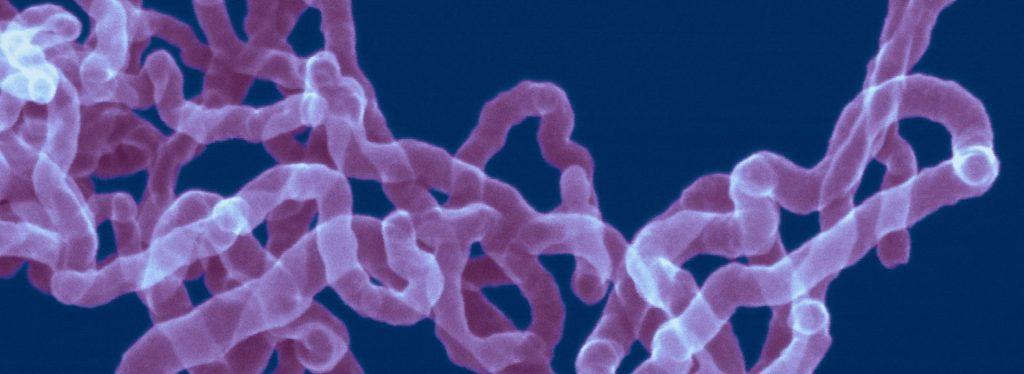Whatever they might be, the cultural significance that UAP hold for human beings have long made them symbols worthy of academic inquiry. But the interest that the legislative branches of the United States and now Canada are taking in UAP have revealed that there is serious, hard data on the phenomena that demands rigorous scientific analysis and considered philosophical reflection.
The Sol Foundation is accordingly developing an ambitious 2024-2025 research agenda that cuts across the natural sciences, the social sciences and humanities, and engineering to explore UAP and their implications. We are currently assembling teams of notable academics to conduct research into the implications that UAP hold for our understanding of aspects of nature, like physics and matter, as well as human institutions, such as law, politics, and religion.
- Where the science of UAP is concerned, we will support (and advise funding consortia to do the same for) studies of potential material components of UAP, the possible physics and engineering of their “propulsion” and energy technologies, and the biological effects of human exposure to them.
- As for the humanities and social sciences, we are seeking researchers in fields such as anthropology, history, philosophy, religious studies, and sociology to help us understand the impacts that confirmation of the reality of UAP would have for human societies, cosmologies, and political systems the world over.
In our advisory research, we recommend federal policies for dealing with the unprecedented challenges raised by UAP. For instance, upcoming white papers will offer legislators and defense officials credible answers about the intent of UAP operators and recommend how existing programs in the Department of Defense, Intelligence Community, and certain federal departments might begin to devote time, resources, and personnel to the study of UAP. We are also working to develop an initial UAP policy framework for the European Union.
